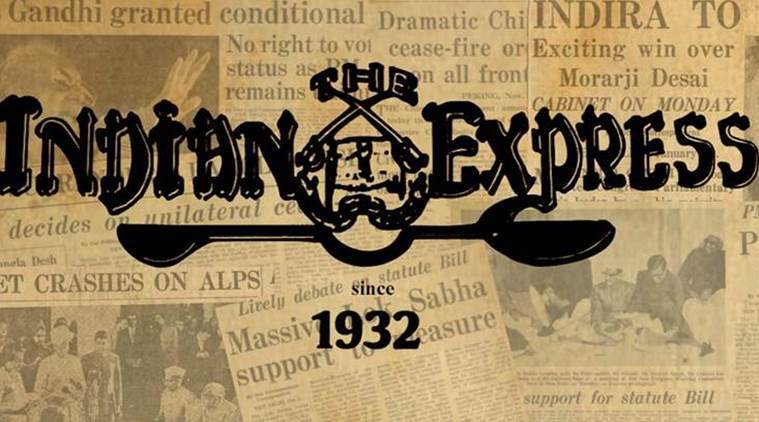 The Sterlite plant has been controversial since its establishment in the 1990s.
The Sterlite plant has been controversial since its establishment in the 1990s.
The death of 12 persons in police firing on protestors in Tuticorin on Tuesday points to the grim failures of the Tamil Nadu government in addressing a serious public issue that has been agitating residents of this port city for more than two decades. The current protests against the Sterlite copper smelter were in their 100th day when a march to the district collectorate turned violent.
The administration clearly underestimated the restiveness, had little or no intelligence on the possibility of the march turning violent, and was ill-equipped to handle the violence when it broke out. Reports and visuals of police personnel perched on bus tops shooting at protestors reveal an appalling lack of adherence to procedures. First, the district administration failed to engage with the marchers and then, a police force, apparently overtaken, shot to kill.
The Sterlite plant has been controversial since its establishment in the 1990s. Residents in the neighbourhood had opposed the unit for causing air and water pollution and even forced the state government to shut it down after a gas leak in 2013. The court subsequently overturned the government order and allowed the plant to be reopened while the protests continued. Parallel to the public mobilisation, was a legal battle: Ironically, the Madras High Court stayed the expansion plan of the plant, owned by the Vedanta Group, on Wednesday.
The Tuticorin region is an industrial hub and with public awareness about pollution increasing, many of the units here have come under scrutiny for suspected environment violations. The state government and the political mainstream have been largely non-responsive to these concerns. The industry has preferred to battle public complaints about pollution and related hazards in the courts rather than engage with civil society. This is a pattern witnessed across Tamil Nadu, which in recent years has seen numerous public protests against polluting industries.
The limited intervention by the government and regulators — as in the case of dyeing units in the Cauvery basin — has been due to the judiciary. Successive governments and mainstream political parties are perceived to have compromised with corporate greed and have all but abandoned the role of voicing and addressing public concerns to an assortment of activists, civil society groups and fringe political outfits. The disconnect between the political mainstream, the administration and the public appears stark, as seen in Tuticorin. The Tamil Nadu government has ordered an inquiry. But the state has an abysmal record on identifying and punishing officials in cases involving rights violations. The Tuticorin investigation must be different. The state government is on test.